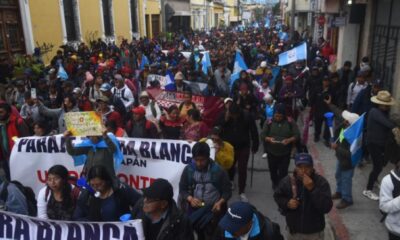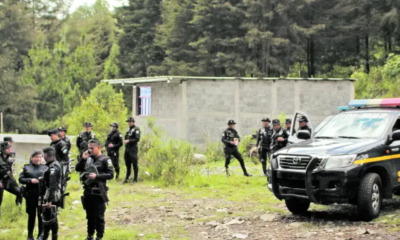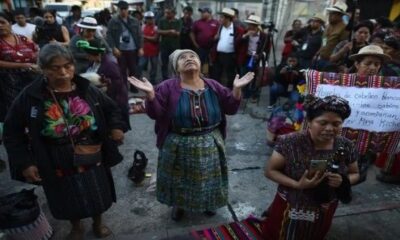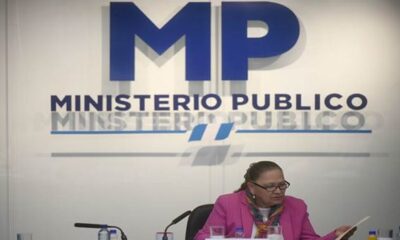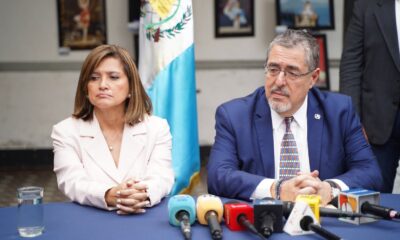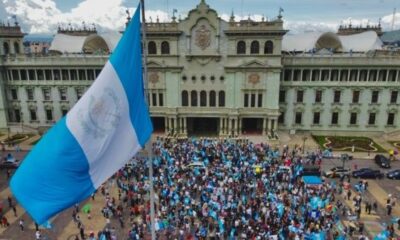Centroamérica
President of Guatemala, Bernardo Arévalo, promised not to allow the country’s institutions to bow to corruption and impunity.
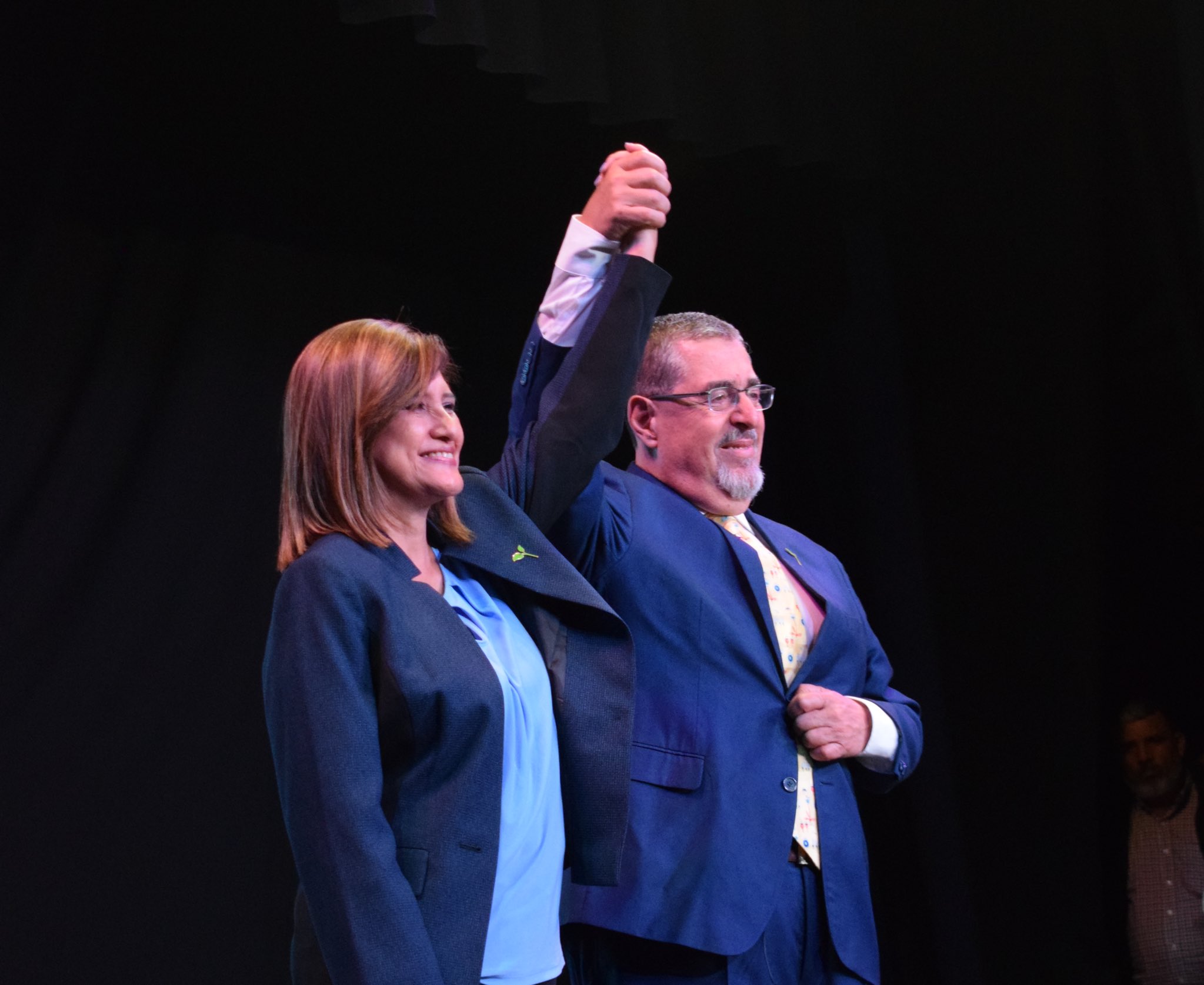
In his inaugural speech, the new president of Guatemala, Bernardo Arévalo, promised not to allow the country’s institutions to bow to corruption and impunity.
With solid support from the people, Arévalo, a 65-year-old sociologist and former diplomat, highlighted the importance of preserving democracy amid global authoritarian challenges.
The president warned about the corrupt cooptation of state institutions by criminal groups and reaffirmed Guatemala’s commitment to the fight against these new forms of authoritarianism.
Arévalo faced a judicial offensive after his unexpected victory in the second presidential round, denouncing an attempted coup d’état.
Despite the tensions, the president affirmed that Guatemala is closing a step of uncertainty to give way to hope.
Centroamérica
Guatemalan journalist José Rubén Zamora returns to prison after court revokes release
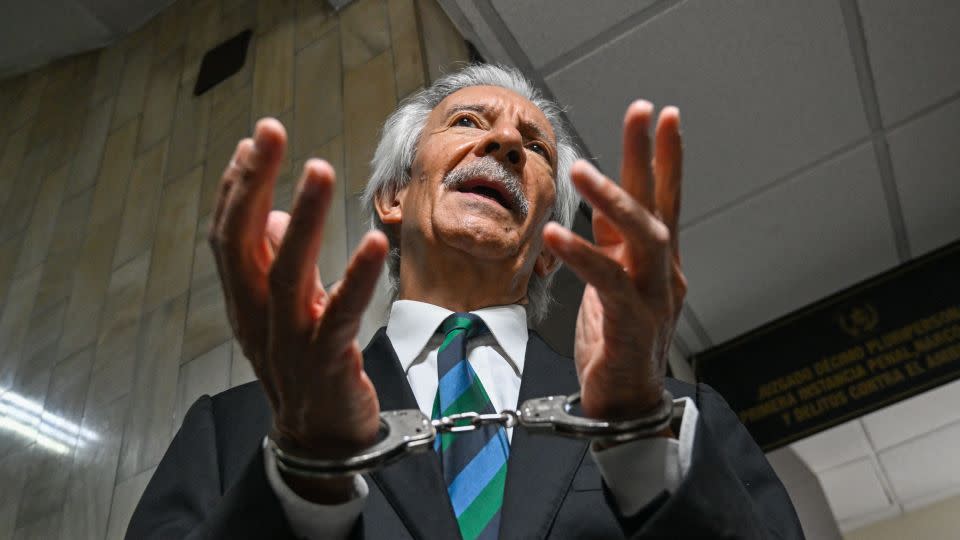
Businessman and journalist José Rubén Zamora was sent back to prison on Monday after the Second Multipersonal Criminal Court complied with an order from the Third Court of Appeals, which suspended his conditional release. The ruling followed a motion filed by the Public Ministry, arguing that Zamora posed a flight risk.
“I must comply with and enforce the order,” Judge Erick García stated during the hearing that revoked Zamora’s substitute measures, which had been in place since October last year.
Following the court’s decision, the founder of El Periódico was transferred back to prison, where he had already been incarcerated from July 2022 to October 2024.
Zamora’s defense team unsuccessfully requested the suspension of the hearing, citing two pending appeals aimed at overturning the Court of Appeals’ decision.
Centroamérica
Honduras extradites José Sosa to U.S. on cocaine trafficking charges
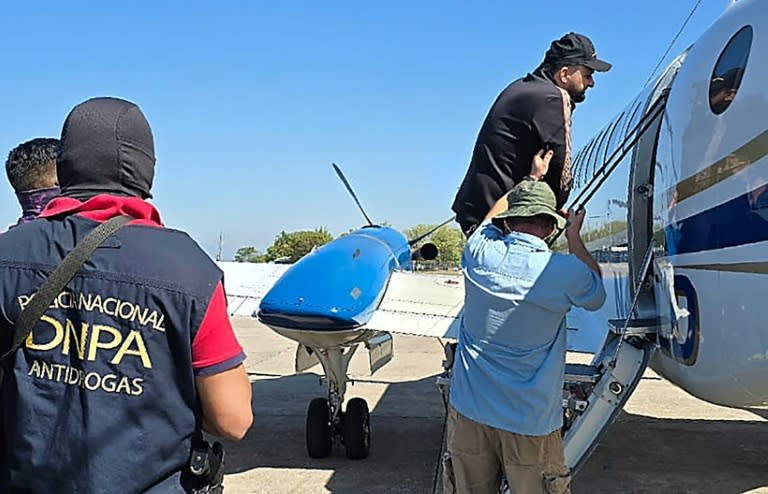
Honduras handed over an alleged drug trafficker to the United States on Tuesday under a bilateral extradition treaty that remains in effect after a diplomatic rift between leftist President Xiomara Castro and Washington was resolved, the Honduran Police reported.
José Sosa, a 48-year-old Honduran national, was transferred from the Támara National Penitentiary in the capital to Palmerola Airport, located about 50 km north of Tegucigalpa, according to an official statement.
“He was handed over to U.S. authorities under strict security measures,” the statement added.
The police explained that the suspected drug trafficker was wanted by a federal court in Florida on cocaine trafficking charges. His extradition was approved on April 30, 2020, but he had to serve a sentence in Honduras for illegal possession of firearms before being transferred to the U.S., the report said.
Central America
Nicaraguan Naval Force seizes cocaine on Pacific Coast, suspects escape
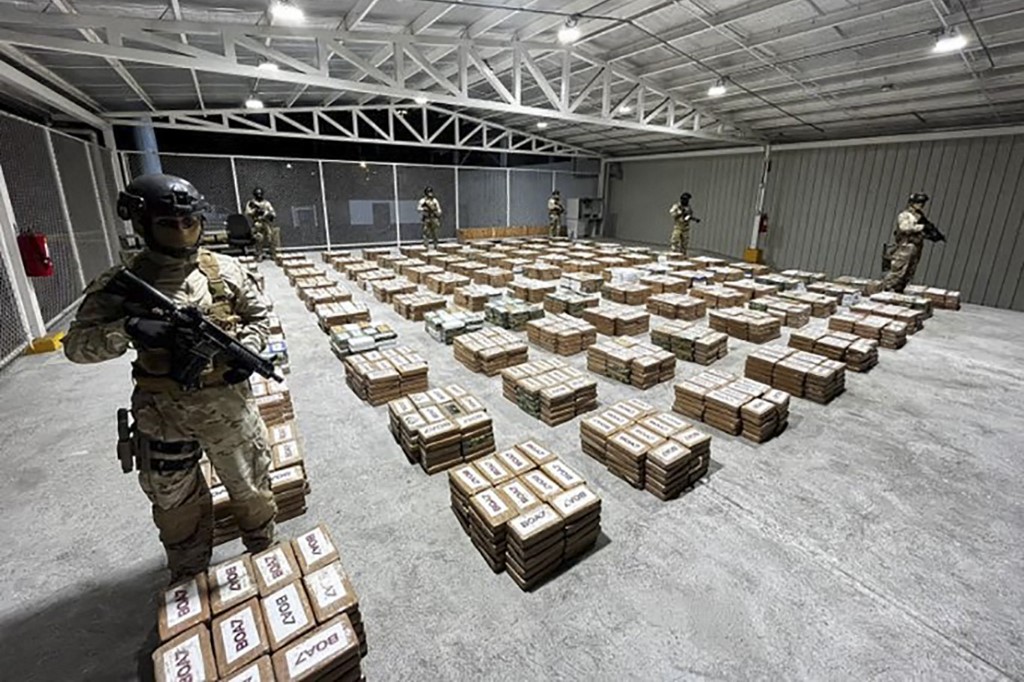
The Nicaraguan Army’s Naval Force reported on Tuesday the seizure of two bundles containing 80 packages of cocaine along the Pacific coast, although none of the four suspects were apprehended.
The illicit substance was seized near the Quizalá beach, in the municipality of San Rafael del Sur, Managua department. According to the military report, the four suspects “fled, leaving the drugs behind” after “detecting the presence of Army troops.”
The two “red bundles (…) contained 80 rectangular packages of cocaine,” the Nicaraguan Army stated.
The operation was conducted by the First Naval Troop Battalion “Commander Richard Lugo Kautz,” part of the Naval Force.
Authorities did not provide details on the individuals connected to the drug haul or the weight of the cocaine seized. They confirmed that the drugs were handed over to the relevant authorities for legal proceedings.
Nicaraguan authorities emphasize that they are implementing a strategy called the ‘Containment Wall,’ aimed at preventing the movement of drugs or drug-related money into populated areas. They maintain “close cooperation” with regional countries as well as the United States, Mexico, and Russia.
Nicaragua is located along a major drug trafficking corridor from South America to North America, where Mexican cartels operate, and the primary consumers are located.
-

 Central America5 days ago
Central America5 days agoPetro questions Ecuador’s vote, cites reports of military control and arrests
-

 International4 days ago
International4 days agoArsenal stun Real Madrid at the Bernabéu to reach Champions League semifinals
-

 International3 days ago
International3 days agoDominican ‘False Hero’ Arrested for Faking Role in Nightclub Collapse That Killed 231
-

 Central America3 days ago
Central America3 days agoNicaraguan Exiles to Mark 7th Anniversary of 2018 Protests with Global Commemorations
-

 International4 days ago
International4 days agoBogotá residents line up for yellow fever vaccine amid national alert
-

 International4 days ago
International4 days agoDeSantis’ immigration crackdown sparks alarm in Venezuelan Communities in Doral
-

 International2 days ago
International2 days agoACLU seeks emergency court order to stop venezuelan deportations under Wartime Law
-

 Central America2 days ago
Central America2 days agoUN complaint filed against Costa Rica over detention of migrant children
-

 International4 days ago
International4 days agoMexico refuses to restore ties with Ecuador while Noboa remains in office
-

 International11 hours ago
International11 hours agoThousands rally nationwide against Trump’s threat to U.S. democracy
-

 International5 days ago
International5 days agoColombia: Search continues for missing limb of italian scientist found dismembered




































































